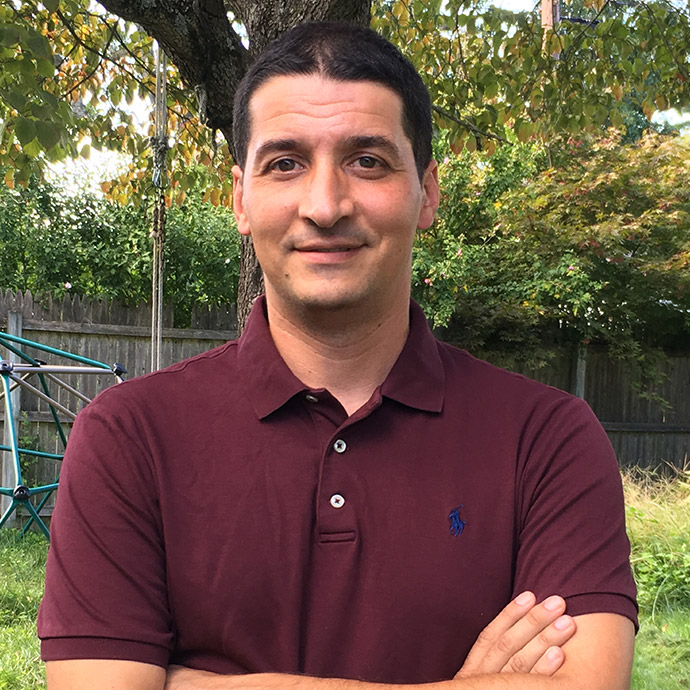Engineering and manipulating microbial communities is a major aspiration of microbiome biology that remains out of reach because we lack quantitative, predictive laws for community ecology. Indeed, the very existence of such laws has long been questioned. Challenging this perspective, my lab has recently demonstrated that, under any defined conditions, highly reproducible assembly of microbial communities can be strongly predicted by theoretical models. These novel findings provide an ideal opportunity to delineate the fundamental rules that predict the composition and metabolism of microbial assemblies. By tightly integrating genomic sequence information, metabolic models, and high-throughput experimentation, we will elucidate the essential principles that govern the stability and dynamics of engineered and natural communities, guiding similar efforts in other types of ecosystems, and raising broad implications in fields ranging from biotechnology to medicine.
Fellow
